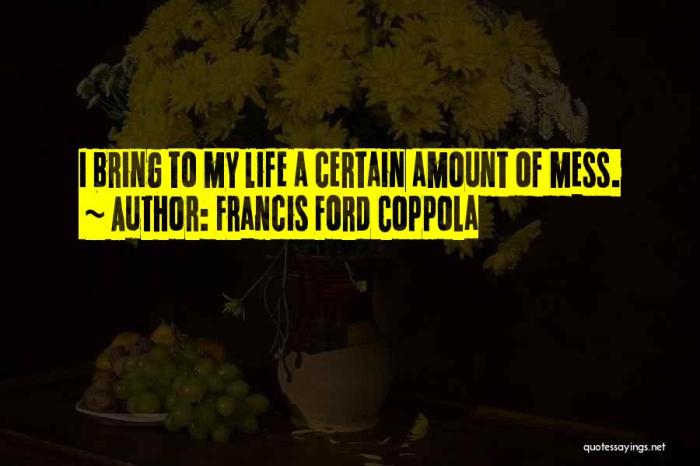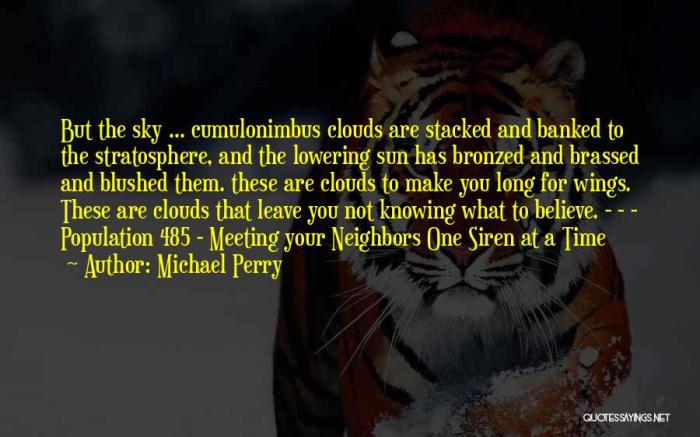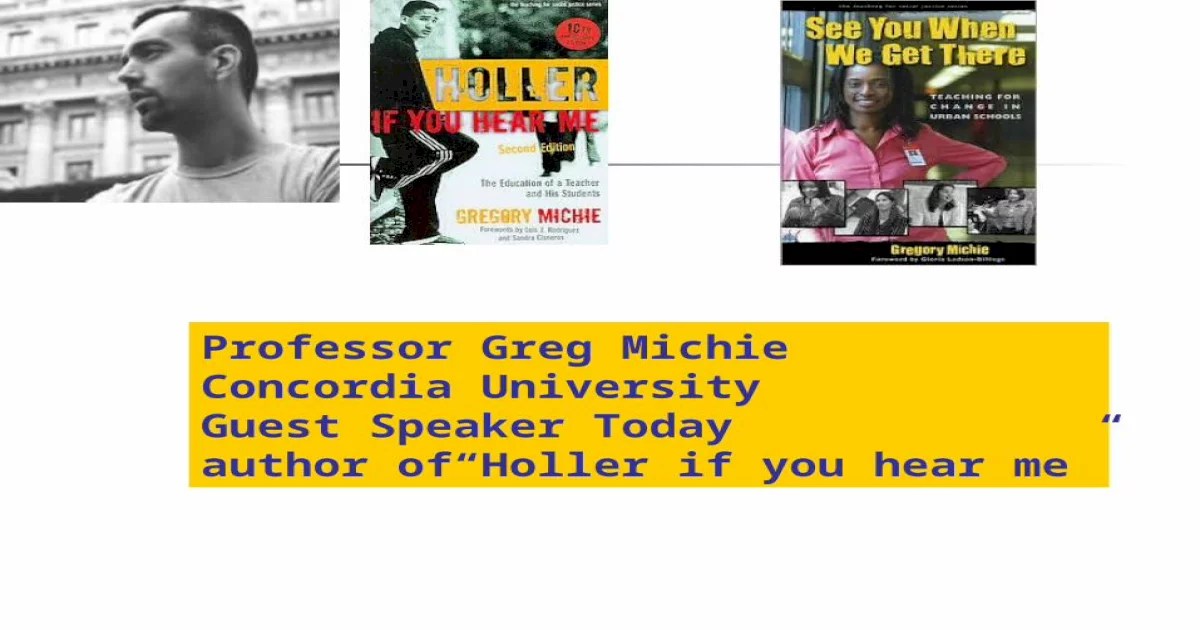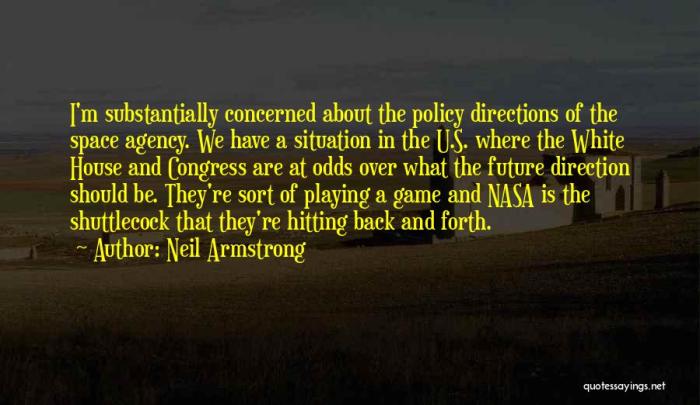Holler if you hear me michie, a phrase echoing through history and culture, invites us on a journey to explore its origins, literary significance, musical interpretations, and profound cultural impact. Rooted in the African American experience, it resonates as a rallying cry, a testament to resilience, and a celebration of collective identity.
From spirituals to hip-hop, “Holler if you hear me” has left an indelible mark on the American cultural landscape. Its lyrical and rhythmic power continues to inspire and unite, transcending generations and boundaries.
Historical Context

The phrase “Holler if you hear me” originated in the African American community during the era of slavery in the United States. It served as a coded message, a way for enslaved people to communicate with each other without alerting their oppressors.
The phrase gained significance in spirituals and work songs, where it expressed the shared experiences of struggle, oppression, and hope. It became a symbol of resilience, unity, and the desire for freedom.
Spirituals
In spirituals, the phrase “Holler if you hear me” represented the longing for liberation and the hope for a better future. Enslaved people would sing spirituals in secret gatherings, using the phrase as a way to connect with each other and find solace in their shared experiences.
Work Songs, Holler if you hear me michie
Work songs were another form of musical expression that emerged during slavery. These songs provided a way for enslaved people to express their pain and frustration while working on plantations. The phrase “Holler if you hear me” was often used in work songs as a way to coordinate their movements and provide encouragement to one another.
Literary Analysis

The phrase “Holler if you hear me” has been used in various literary works to convey themes, emotions, and cultural identity. This phrase serves as a call for recognition, understanding, and solidarity, particularly among marginalized communities.
Themes of Isolation and Community
In works such as August Wilson’s play “Fences,” the phrase “Holler if you hear me” captures the isolation and alienation experienced by African Americans in the face of systemic racism. The protagonist, Troy Maxson, uses the phrase as a desperate plea for acknowledgment and connection.
Conversely, in Toni Morrison’s novel “Beloved,” the phrase is employed to foster a sense of community and shared experience. The characters use it as a way to validate their pain and find solace in collective storytelling.
Musical Interpretation: Holler If You Hear Me Michie

The phrase “Holler if you hear me” has become a ubiquitous expression in various musical genres, resonating with audiences across generations and cultures. Its origins can be traced back to the blues, where it served as a call-and-response between performers and their audience, fostering a sense of collective participation.
Holler if you hear me michie is a song that has been around for many years. It’s a catchy tune that always gets people moving. If you’re looking for a song to get you pumped up, this is it. Dicho y hecho 11th edition is a great resource for learning more about this song and others like it.
The website has information on the history of the song, the lyrics, and even some fun facts. So if you’re a fan of holler if you hear me michie, be sure to check out dicho y hecho 11th edition.
In gospel music, the phrase took on a spiritual significance, becoming a testament to the power of faith and the shared experience of religious devotion. It encouraged listeners to make their voices heard in praise and worship, uniting them in a collective expression of their beliefs.
Blues
In the blues, “Holler if you hear me” became a poignant expression of the struggles and hardships faced by marginalized communities. It was a way for blues musicians to connect with their audience on a personal level, sharing their pain and offering solace through their music.
The phrase’s simplicity and directness made it a powerful anthem for those who felt voiceless and unheard.
Musically, the phrase is often delivered with a raw and emotional intensity, accompanied by soulful vocals and the twangy sounds of the guitar. The call-and-response format creates a dynamic interplay between the performer and the audience, fostering a sense of shared experience and catharsis.
Gospel
In gospel music, “Holler if you hear me” transformed into a powerful expression of faith and devotion. It became a call to action, encouraging listeners to raise their voices in praise and worship. The phrase was often used as a refrain, repeated throughout the song to emphasize the collective nature of the religious experience.
Musically, gospel renditions of the phrase are characterized by soaring vocals, uplifting harmonies, and a driving rhythm. The call-and-response format allows the congregation to actively participate in the worship service, creating a powerful and emotional connection between the performers and the audience.
Hip-Hop
In hip-hop, “Holler if you hear me” has been adopted as a symbol of unity and empowerment. It is used to rally listeners together, creating a sense of community and belonging. The phrase has become a staple of hip-hop culture, appearing in countless songs and becoming a rallying cry for social justice and equality.
Musically, hip-hop renditions of the phrase often feature rhythmic beats, catchy hooks, and socially conscious lyrics. The call-and-response format is used to engage the audience, creating a dynamic and interactive performance experience.
Cultural Significance

The phrase “Holler if you hear me” has transcended its origins in the song and become a powerful cultural symbol. It embodies the spirit of collective action, solidarity, and the desire for change.
Rallying Cry
The phrase has been used as a rallying cry for social movements and protests, particularly those focused on civil rights, equality, and social justice. It serves as a call to action, encouraging individuals to speak out against injustice and advocate for their beliefs.
For example, during the Civil Rights Movement in the United States, the phrase was chanted by protesters to express their demands for equality and to challenge the prevailing system of segregation.
Symbol of Unity
The phrase has also become a symbol of unity, bringing together individuals from diverse backgrounds and experiences. It represents the shared desire for a better future and the belief that collective action can create positive change.
In the aftermath of natural disasters or tragedies, the phrase has been used to express solidarity and support for those affected. It serves as a reminder that even in times of adversity, people are not alone and can rely on each other.
Expression of Collective Identity
The phrase “Holler if you hear me” has also become a way for marginalized communities to express their collective identity and assert their presence. It represents a sense of pride and belonging, and a refusal to be silenced or ignored.
For example, in the LGBTQ+ community, the phrase has been used to celebrate diversity and challenge societal norms. It has become a symbol of resilience and the ongoing struggle for equal rights and recognition.
Essential Questionnaire
What is the origin of the phrase “Holler if you hear me”?
The phrase originated in the African American community as a call-and-response during spirituals and work songs, symbolizing unity and collective resilience.
How has the phrase been used in literature?
Authors such as Toni Morrison and Zora Neale Hurston have incorporated the phrase into their works to convey themes of identity, struggle, and community.
What is the significance of the phrase in music?
In blues, gospel, and hip-hop, “Holler if you hear me” has become an anthem of protest, empowerment, and celebration, connecting artists and audiences across generations.
